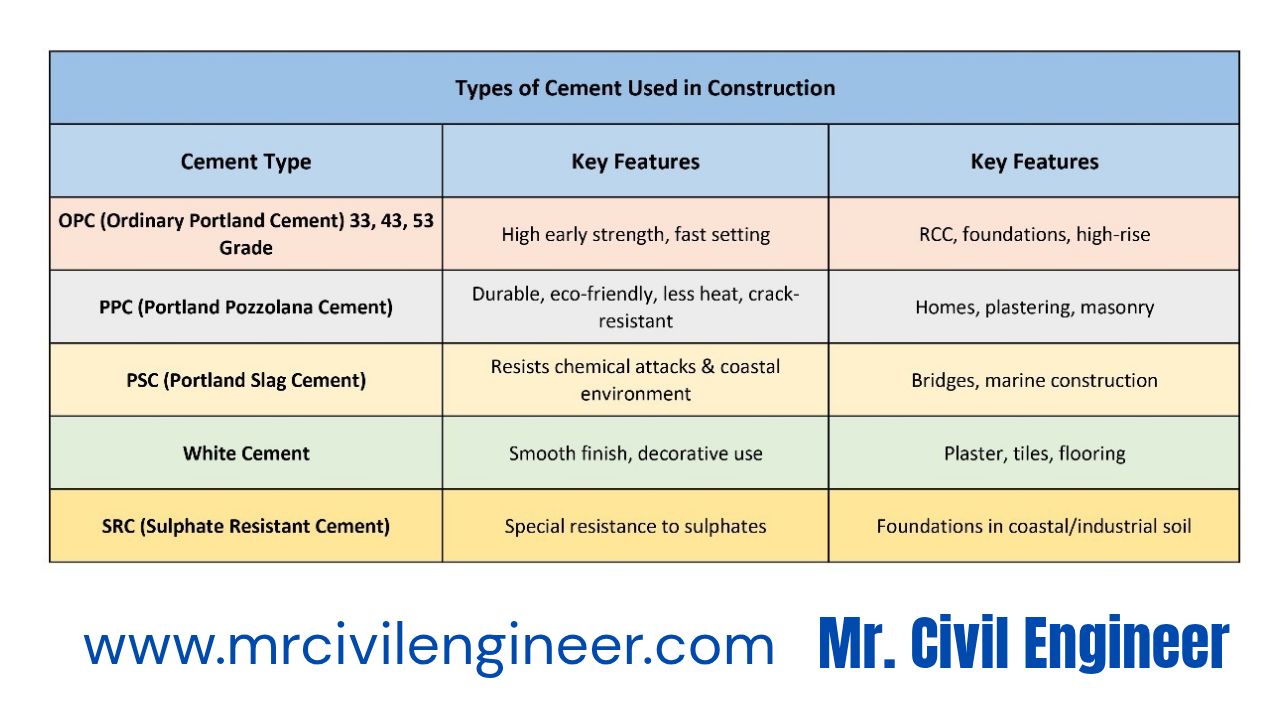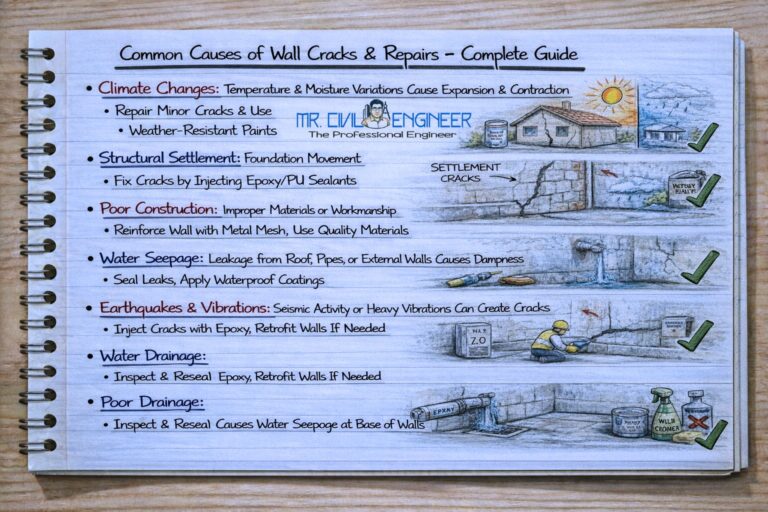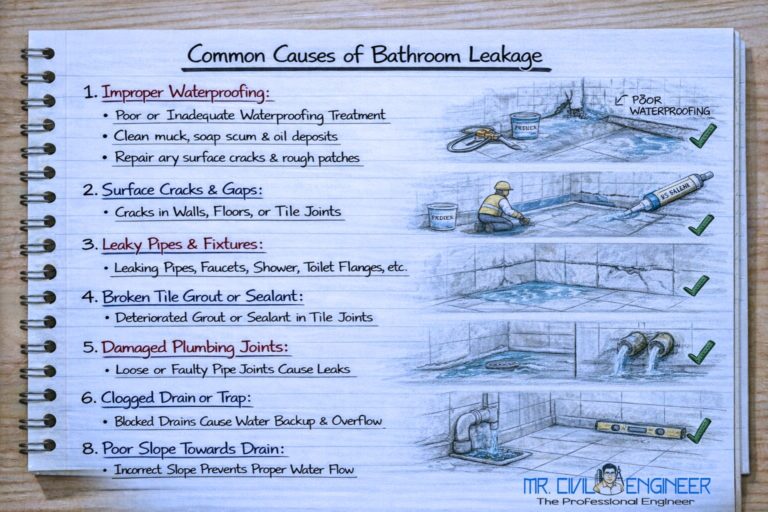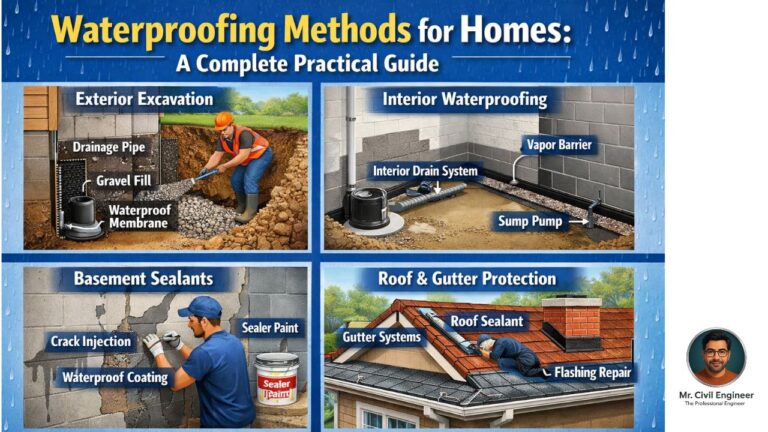Introduction
Imagine building your dream home with years of savings—only to see cracks on the walls after the first monsoon. One of the main reasons this happens is not poor design, but the wrong choice of cement. Cement is often called the backbone of construction because it binds everything together—bricks, sand, and aggregates—into a strong structure. But with so many varieties and brands on the market, how do you figure out which cement is truly the best for your construction project?
This guide will break down the types of cement, their uses, and expert tips so you can make an informed decision—whether you’re a homeowner starting construction or a contractor managing large projects.
Why Choosing the Right Cement Matters
Selecting the right cement is not just about cost—it’s about strength, durability, and safety. A poor choice today may lead to higher repair costs, safety risks, and reduced life span of the building tomorrow. Cement impacts:
- Load-bearing capacity of RCC structures like slabs and beams.
- Crack resistance in walls and plaster.
- Moisture protection, especially in rainy or coastal areas.
Types of Cement Used in Construction

👉 Tip: If you’re building a regular home, PPC or OPC 43/53 are the most recommended choices.
Best Cement for Different Construction Uses
- For Foundations & RCC (slabs, beams, pillars):
OPC 53 grade is typically preferred, as it achieves strength quickly. - For House Walls & Plastering:
PPC is ideal because it resists cracks and gives smoother finishing. - For Coastal / Industrial Areas:
PSC or SRC provide protection against salt water and chemical reactions. - For Aesthetic Works (flooring, tiles, decorative):
White cement adds clean and polished finish.
Example: A homeowner in Mumbai may prefer PSC for durability against humidity and salt, while someone building in Delhi may go for OPC 53 for strength in RCC.
Popular Cement Brands in India
India is one of the largest cement producers in the world. Some reputed brands include:
- UltraTech Cement – consistent quality, widely trusted.
- Ambuja Cement – eco-friendly initiatives, strength.
- ACC Cement – strong market presence.
- Shree Cement – affordable yet reliable.
- Dalmia Cement – popular in southern states.
Expert Tips for Selecting the Right Cement
- Always check the manufacturing date; old cement loses strength.
- Look for the ISI mark (Indian Standards Certification).
- Purchase directly from authorized dealers.
- Store bags on wooden planks, away from moisture.
- For best results, don’t mix different brands or types in one structure.
Frequently Asked Questions
1. Which cement is best for house construction?
For most houses, PPC is recommended due to its durability, eco-friendliness, and resistance to cracks.
2. Which cement is best for slabs and beams (RCC)?
OPC 53 grade is widely used for high-strength RCC work.
3. Is PPC more durable than OPC?
Yes, PPC may take longer to achieve early strength, but overall it offers better long-term durability and resistance.
4. Can I use white cement for construction?
No, white cement is mainly for finishing, flooring, tiles, and decoration—not for structural works.
5. How do I know if cement is fresh?
Fresh cement feels smooth when rubbed and doesn’t form lumps. Always check the manufacturing date.
Conclusion
Cement isn’t just a construction material—it’s the foundation of your investment and safety. The best cement for construction depends on your specific project:
- Choose OPC 53 for strength in RCC.
- Go for PPC when building homes for long-term crack resistance.
- Opt for PSC or SRC in coastal or chemical-prone areas.
By matching cement type with your construction needs, you ensure your building stands strong, safe, and beautiful for decades.
Read This Also
How to Calculate Building Cost Before Construction: Your Step-by-Step Guide




